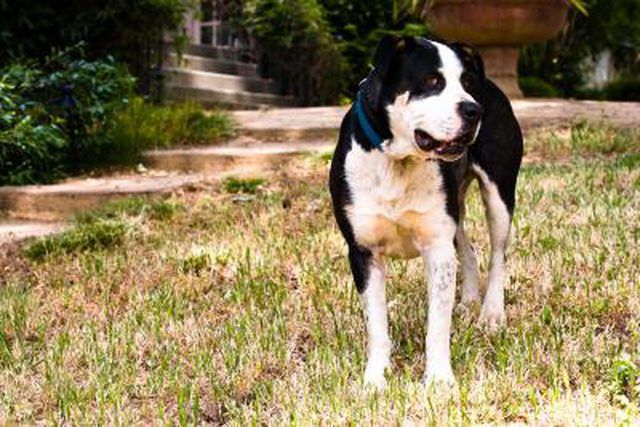Bulbs
Flower Basics
Flower Beds & Specialty Gardens
Flower Garden
Garden Furniture
Garden Gnomes
Garden Seeds
Garden Sheds
Garden Statues
Garden Tools & Supplies
Gardening Basics
Green & Organic
Groundcovers & Vines
Growing Annuals
Growing Basil
Growing Beans
Growing Berries
Growing Blueberries
Growing Cactus
Growing Corn
Growing Cotton
Growing Edibles
Growing Flowers
Growing Garlic
Growing Grapes
Growing Grass
Growing Herbs
Growing Jasmine
Growing Mint
Growing Mushrooms
Orchids
Growing Peanuts
Growing Perennials
Growing Plants
Growing Rosemary
Growing Roses
Growing Strawberries
Growing Sunflowers
Growing Thyme
Growing Tomatoes
Growing Tulips
Growing Vegetables
Herb Basics
Herb Garden
Indoor Growing
Landscaping Basics
Landscaping Patios
Landscaping Plants
Landscaping Shrubs
Landscaping Trees
Landscaping Walks & Pathways
Lawn Basics
Lawn Maintenance
Lawn Mowers
Lawn Ornaments
Lawn Planting
Lawn Tools
Outdoor Growing
Overall Landscape Planning
Pests, Weeds & Problems
Plant Basics
Rock Garden
Rose Garden
Shrubs
Soil
Specialty Gardens
Trees
Vegetable Garden
Yard Maintenance
How to Treat Your Yard for Coccidia
How to Treat Your Yard for Coccidia. Coccidia is a parasite that attacks the intestines of animals and humans. It often is a problem with dogs and cats. Since it is transmitted through fecal matter, a yard can become a breeding ground for coccidia. Removing fecal matter from the yard and then preventing your animals from using it for at least 30...

Coccidia is a parasite that attacks the intestines of animals and humans. It often is a problem with dogs and cats. Since it is transmitted through fecal matter, a yard can become a breeding ground for coccidia. Removing fecal matter from the yard and then preventing your animals from using it for at least 30 days is recommended. If this is not possible, help treat and prevent reinfection by incorporating a few techniques that are known to kill coccidia and limit its spread.
Things You'll Need
Rubber gloves
Plastic bag
Spray bottle
Ammonia
Wear rubber gloves and discard animal feces in your yard in sealed plastic bags.
Clean pooper scoopers and yard tools with a mixture made from one part ammonia and nine parts water. Leave the ammonia on the tools for at least 20 minutes before rinsing them off.
Spray the yard with the ammonia solution, paying special attention to where the feces were located. After 20 to 30 minutes, water the yard with 1 to 2 inches of water to flush the soil of ammonia so your grass is not harmed.
Clean yard debris, such as wood and junk piles, to create an environment less conducive to rodents and bugs. They can pick up the disease, leave affected fecal matter and reinfect your animals with coccidia.